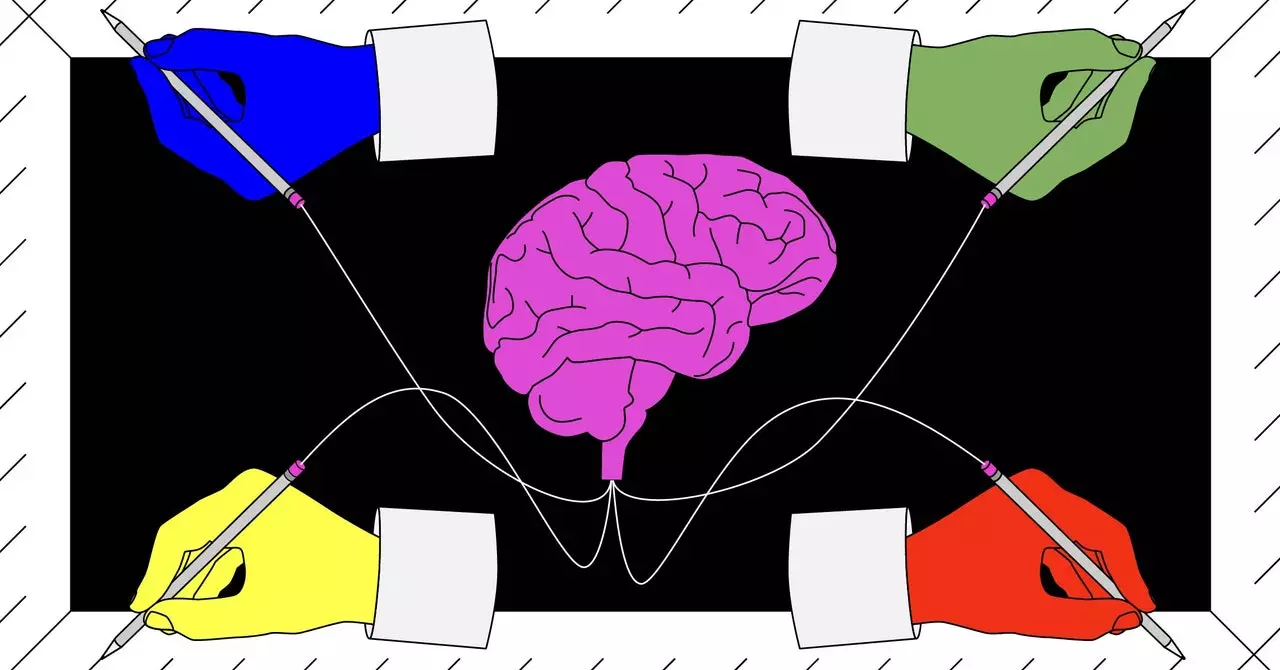The prevalence of generative AI in student writing has increased significantly in the past year. According to data from Turnitin, more than 22 million papers submitted by students may have utilized AI-generated language. This growing trend poses a challenge for educators as they navigate how to address this issue effectively while maintaining academic integrity.
While the introduction of AI writing tools has sparked innovation and efficiency in the writing process, it has also raised concerns about the authenticity and integrity of students’ work. Turnitin’s AI writing detection tool has revealed that a significant portion of papers reviewed contain AI-written language, with some papers flagged for having a high percentage of AI content. This presents a dilemma for educators in verifying the originality of student work and holding them accountable for ethical writing practices.
The integration of generative AI in student writing poses an ethical dilemma for both students and educators. While some students use AI tools as a means to streamline their research and writing process, others may rely on these tools to produce entire papers without proper attribution. This blurring of lines between authentic student work and AI-generated content raises concerns about academic dishonesty and intellectual property rights.
Educators play a crucial role in addressing the use of generative AI in student writing. It is essential for teachers to educate students about the ethical implications of using AI tools in their academic work and the importance of proper attribution. Additionally, teachers must develop reliable methods for detecting AI-generated content in student papers, without causing unnecessary stress or suspicion among students.
The Future of AI Writing in Education
As generative AI continues to evolve and become more integrated into educational settings, the line between authentic student work and AI-generated content will become increasingly blurred. It is imperative for educators to stay updated on the latest AI writing technologies and develop strategies to address the challenges posed by these advancements. By fostering a culture of academic integrity and transparency, educators can guide students towards responsible and ethical use of AI tools in their writing process.
The rise of generative AI in student writing presents both opportunities and challenges for the educational community. It is essential for educators to adapt to this shifting landscape by developing effective strategies for detecting and addressing AI-generated content in student papers. By promoting ethical writing practices and fostering open dialogue about the role of AI in education, educators can empower students to navigate the complexities of AI writing tools responsibly.


Leave a Reply